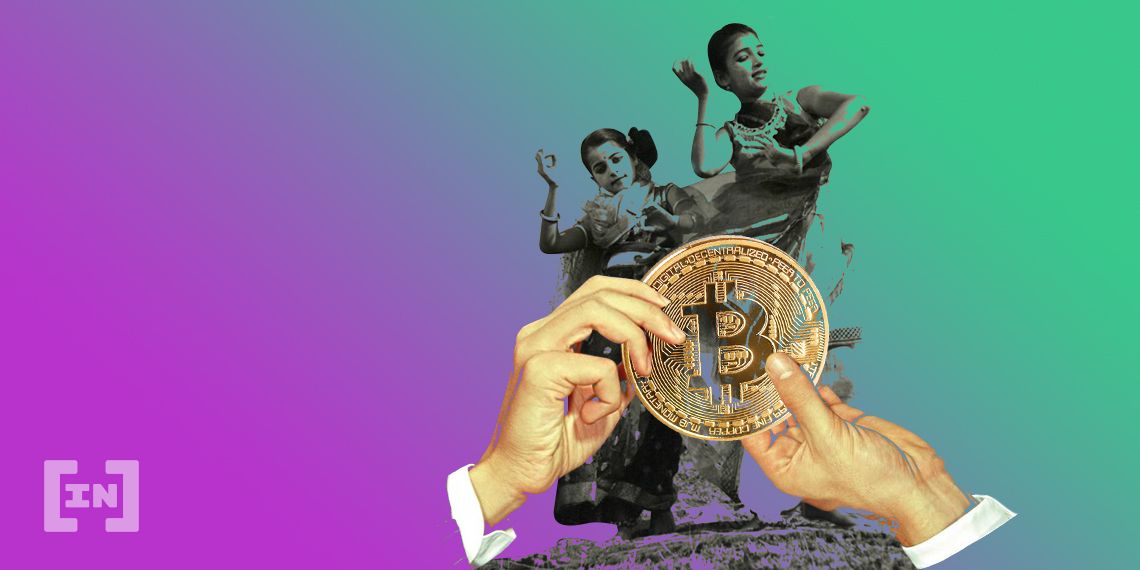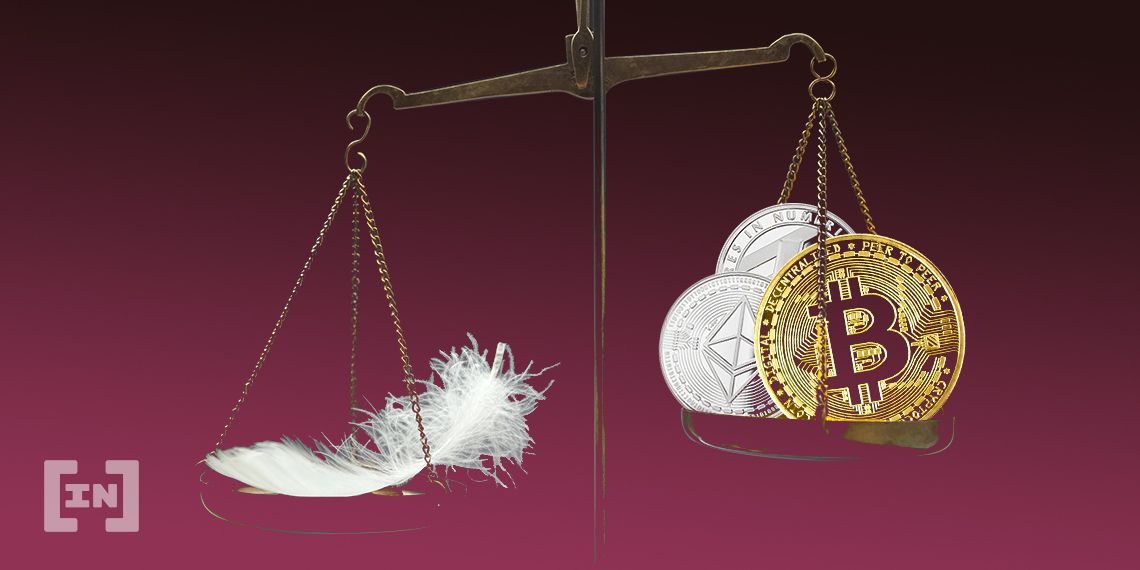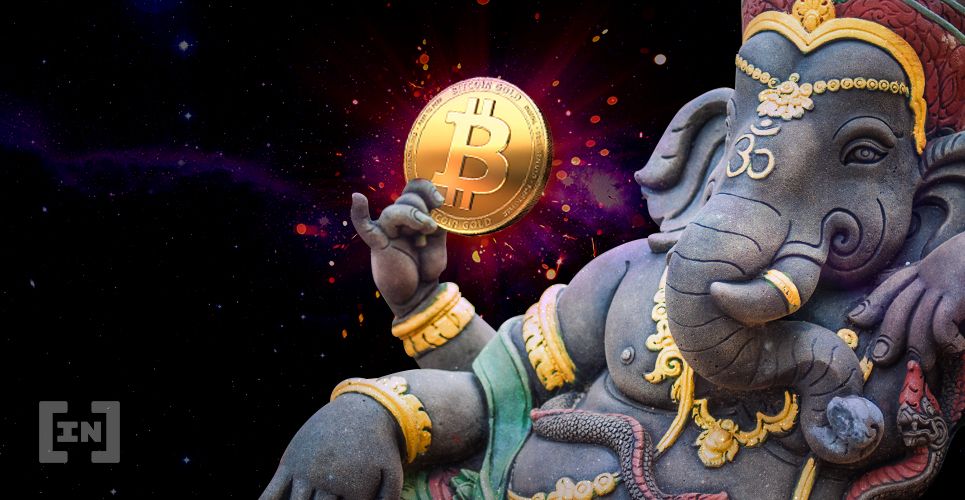Regulators in India have announced that they are weighing options on imposing a new goods and services tax (GST) on all Bitcoin transactions.
This new tax would clock in at 18% per transaction. Indian tax authorities are estimating this new tax could be applied to almost 40,000 crores per year. This equates to almost $5.5 billion in countrywide Bitcoin transactions.
Previously, in early 2018, the Reserve Bank of India (RBI) banned the sale, purchase, or trading of cryptocurrencies for all entities that are regulated by the central bank.
This ban has now been lifted though, and although this tax may not be beneficial for cryptocurrency owners and users, it shows India’s willingness to accept cryptocurrencies as a legitimate transfer of value.

According to the Times of India, this new tax was proposed by the Central Economic Intelligence Bureau (CEIB), an arm of the Indian Finance Ministry, to the Central Board of Indirect Taxes and Customs (CBIC). The CEIB told the CBIC that it expects to bring in almost $1 billion in additional tax revenue if this proposal is passed.
According to the Times of India on behalf of India’s Finance Ministry,
“[The] CEIB has suggested that Bitcoins can be categorized under ‘intangible assets’ class and a GST levy could be imposed on all transactions. The board has suggested that cryptocurrency can be treated as current assets and GST charged on the margins made in its trading.”
Bitcoin Regulations ‘Round the World
This tax will directly affect any Indian user who transacts in Bitcoin but compared to related laws around the world, it does not greatly differ.
Some countries view Bitcoin as a currency while many others view it as an intangible asset. For example, in the United States, users who transact in Bitcoin will receive a similar-sized (or higher) tax on their transaction depending on if the transaction takes place in under or over a year (short term or long term gains).
Regardless of how it’s recognized, the user is still mandated to pay a capital gains tax on any profit made since the original asset purchase.

Increase in Price, Increase in Regulation?
It’s undeniable that 2020 has been a stellar year for cryptocurrencies and Bitcoin especially, which recently surpassed its previous all-time high.
As the price of Bitcoin continues to rise, it seems more governments are taking notice and trying to figure out how they can gain from it.
Just this week the Israel Tax Authority announced that citizens need to disclose their crypto holdings for tax purposes, showing an increased interest in the space. As the price of Bitcoin continues to rise, more governments may try to impose regulations that will benefit their own treasuries.
Disclaimer
In adherence to the Trust Project guidelines, BeInCrypto is committed to unbiased, transparent reporting. This news article aims to provide accurate, timely information. However, readers are advised to verify facts independently and consult with a professional before making any decisions based on this content. Please note that our Terms and Conditions, Privacy Policy, and Disclaimers have been updated.



